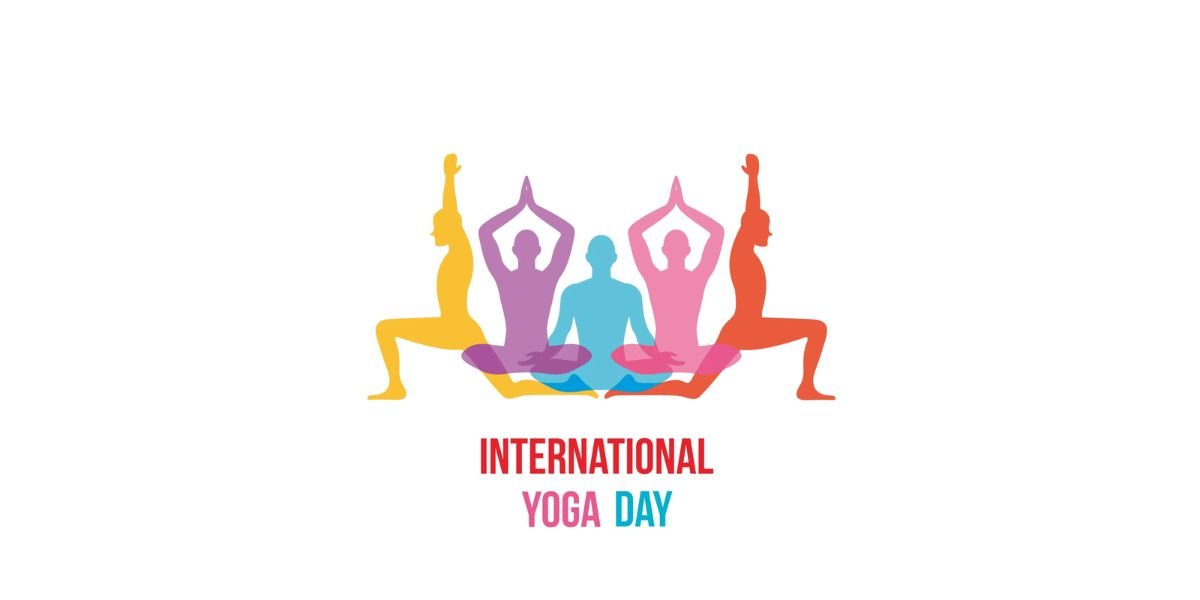Muscle tears in the foot can be painful and debilitating, affecting mobility and daily activities. Whether caused by sudden trauma or overuse, understanding the underlying factors, recognizing symptoms, and seeking appropriate treatment are crucial for effective recovery. In this blog, we’ll delve into the causes, symptoms, and treatment options for muscle tears in the foot.
Causes of Muscle Tear in the Foot:
- Sudden Trauma: A direct blow or impact to the foot, such as from a fall, collision, or sports-related injury, can cause muscle tears. Sudden trauma can result in overstretching or tearing of the muscles and surrounding tissues, leading to pain and swelling.
- Overuse or Repetitive Stress: Engaging in repetitive activities or overtraining without adequate rest and recovery can strain the muscles in the foot, increasing the risk of tears. Activities that involve repetitive movements, such as running, jumping, or dancing, can put excessive stress on the foot muscles over time.
- Poor Biomechanics: Structural abnormalities or imbalances in foot biomechanics, such as flat feet, high arches, or improper footwear, can contribute to muscle strain and tears. Poor biomechanics can alter the distribution of weight and pressure on the foot muscles, leading to overuse injuries.
- Aging and Degeneration: As we age, the muscles, tendons, and ligaments in the foot may become less flexible and more prone to injury. Degenerative changes, such as tendonitis or muscle weakness, can increase the risk of muscle tears, especially in individuals with pre-existing conditions or reduced mobility.
Symptoms of Muscle Tear in the Foot:
- Pain: Sharp or stabbing pain in the foot, particularly during weight-bearing activities or movement, is a common symptom of muscle tears. The pain may worsen with activity and improve with rest but can persist if left untreated.
- Swelling and Bruising: Inflammation and swelling around the affected area are typical signs of muscle tears. Additionally, bruising or discoloration may occur due to bleeding within the tissues following injury.
- Weakness and Instability: Muscle tears can result in weakness, instability, or difficulty bearing weight on the affected foot. You may notice a decrease in strength or coordination during movement, making activities such as walking or standing challenging.
- Limited Range of Motion: Reduced flexibility or limited range of motion in the foot may accompany muscle tears, especially if the injury affects the surrounding tendons or ligaments. Difficulty bending, flexing, or rotating the foot may indicate underlying tissue damage.
Treatment of Muscle Tear in the Foot:
- Rest and Immobilization: Resting the injured foot and avoiding activities that exacerbate pain or discomfort are essential for promoting healing. Immobilization with a brace, splint, or supportive footwear may be recommended to stabilize the foot and prevent further injury.
- Ice Therapy: Applying ice packs to the affected area for 15-20 minutes several times a day can help reduce pain, inflammation, and swelling associated with muscle tears. Be sure to wrap the ice pack in a cloth to prevent direct contact with the skin and avoid prolonged icing to prevent frostbite.
- Compression and Elevation: Compression bandages or wraps can help reduce swelling and provide support to the injured foot. Elevating the foot above heart level when resting can also aid in reducing swelling and promoting circulation to the affected area.
- Pain Management: Over-the-counter pain relievers, such as ibuprofen or acetaminophen, may help alleviate pain and discomfort associated with muscle tears. However, consult with a healthcare professional before taking any medication, especially if you have underlying health conditions or are taking other medications.
- Physical Therapy: Once the acute pain and inflammation subside, gentle stretching and strengthening exercises prescribed by a physical therapist can help restore flexibility, mobility, and strength to the injured foot. Physical therapy can also address any underlying biomechanical issues contributing to muscle tears and prevent future injuries.
- Gradual Return to Activity: Gradually reintroducing weight-bearing activities and sports-specific exercises under the guidance of a healthcare provider or physical therapist is essential for preventing re-injury. Avoiding high-impact activities and modifying movements to reduce stress on the foot muscles can help promote safe recovery.
- Surgical Intervention (in severe cases): In rare cases of severe muscle tears or tendon ruptures that do not respond to conservative treatment, surgical intervention may be necessary to repair the damaged tissues and restore function to the foot. Your healthcare provider will discuss the risks and benefits of surgery and determine the most appropriate course of action based on your individual circumstances.
In conclusion, muscle tears in the foot can result from various factors, including trauma, overuse, poor biomechanics, and aging. Recognizing the signs and symptoms of muscle tears and seeking prompt medical attention can facilitate timely diagnosis and treatment, leading to a faster and more successful recovery. With proper rest, rehabilitation, and preventive measures, you can regain strength, mobility, and function in your injured foot and minimize the risk of future injuries. Remember to consult with a healthcare professional for personalized guidance and treatment recommendations tailored to your specific needs.
About Fitwell Physiotherapy
Dr. Richa’s Fitwell physiotherapy has an extensive team of physiotherapists all within their own specialist areas of physiotherapy. Whatever your condition, we guarantee that we will have the best physiotherapist for you. We assess, diagnose, plan, cure and care for you.
Fitwell Physiotherapy Clinic, Pune provides you best physiotherapy treatment in Kharadi, pune. We also serve Chandan Nagar, Vadgaon Sheri, Keshav Nagar, Wagholi & nearby Areas in Pune. We are experts in treating Neck Pain, Hand pain, Back pain, Lower back pain, Knee pain, Stiff Neck, Sciatica,Arthritis, Stroke Paralysis & Post Surgical Rehab
We provide Specialized physiotherapy treatments in Sports Injuries, Pre and post Surgery, Neurologic, Pediatric, Chronic Pain / Fatigue, Rheumatology, Women’s Health, Men’s Health, Ergonomics, Vestibular, Amputees & all sort of Pain treatment and lifestyle conditions
What Physiotherapy Expert Says – Dr. Richa Purohit (Senior Physiotherapist) :
It’s essential to note that muscle tear can have various causes, and a thorough medical evaluation by a healthcare professional is often necessary to determine the underlying cause and develop an appropriate treatment plan. Treatment may involve a combination of therapies, including physical therapy, exercises, medications and lifestyle changes
Physiotherapy treatment strategies also focus on addressing the root cause and preventing further muscle pain or injury.
Book a Free Consultation session to know and understand your muscle pain and cure it.




















